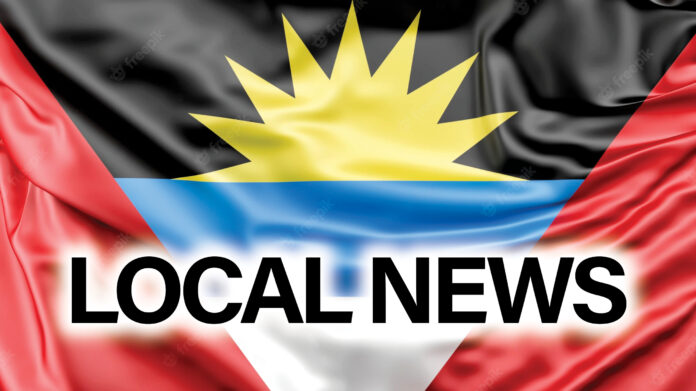Antigua and Barbuda’s economy, according to the International Monetary Fund (IMF), is recovering, though output remains “well below pre-pandemic levels”.
That was the lead item in a statement issued by the IMF’s Varapat Chensavasdijai who led a team to St John’s from September 20th to October 3rd, to hold the 2022 Article IV (Four) consultation.
According to the IMF statement, output is expected to gradually return to pre-pandemic levels by 2025, supported by strong tourism recovery, along with foreign direct investment in the hospitality sector and public sector projects.
The statement noted too that, following a decline of 20 percent in 2020, real GDP is estimated to have expanded by 5.3 percent in 2021 – buoyed by tourism and construction activity.
That Real GDP is projected to grow at 6 and 5½ percent in 2022 and 2023, respectively.
This was welcomed news by Information Minister Melford Nicholas who spoke on the report briefly during this week’s Post Cabinet Press Briefing.
“Overall, the forecast and the outlook is positive for the economic performance of the government,” Nicholas said.
The report also addressed the Citizenship by Investment Programme (CIP), saying that there was a decline in those revenues due to increased scrutiny by the EU and the US.
Antigua and Barbuda is among nearly one dozen countries globally that offer the programmes, with Dominica, Grenada, St Lucia, and St Kitts and Nevis rounding out those in the Caribbean.
However, all the programmes can now be considered ‘at-risk’, as the European Parliament – one of the legislative arms of the EU – appears to be adamant that third parties should not have such comfortable access to the borders of its member states, especially by way of ‘friendly’ countries that benefit from visa-free travel to said member states.
It has essentially threatened to remove visa-free access to its coveted Schengen area from the countries that operate these programmes.
The loss of CIP monies, the IMF said, would hamper the government’s efforts to reduce deficits and debt accumulation.
Total revenues generated by the CIP programme for the year 2021 amounted to $123.1 million
The IMF also advised that tax exemptions should be limited to those specified in legislation, with clear eligibility criteria and sunset clauses, and effective monitoring and evaluation. To improve accountability and transparency, the statement added, tax expenditures should be published with the budget.
The issue of public sector wages was also addressed in the IMF statement. It is no secret that the public sector is bloated, with the government saying on several occasions that its wage bill is simply far too high.
The IMF has suggested that the government should contain increases in those wages, and rely on worker attrition and redeployment to ensure the wage bill is brought below 9 percent of GDP by 2025.
It is however unlikely that the wage bill will decrease as the government is presently in talks over increasing public sector wages and there is no indication of plans for ‘mass layoffs’ to offset the wage bill.
Wages, salaries, and pensions absorb almost 60 percent of government revenues according to the 2022 Budget statement.
Employee attrition is the natural process by which employees leave the workforce – for example, through resignation for personal reasons or retirement – and are not immediately replaced.
The government was also encouraged to prioritise spending on social safety nets to protect the vulnerable against rising living costs, and coordination among the government agencies implementing social transfer programmes should be enhanced, in line with the objectives of the Social Protection Act.
To date, hundreds of families have been benefitting from voucher programs and other social programmes.

